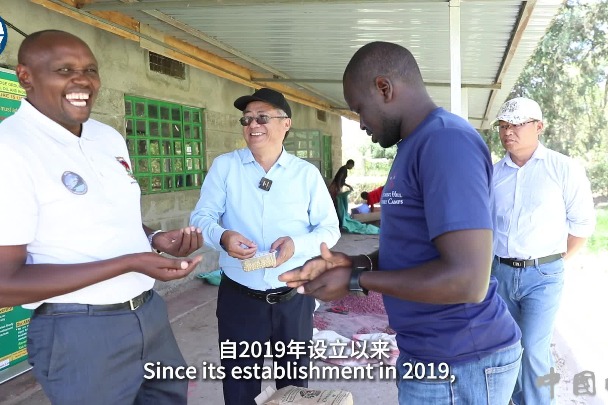China remains important partner to Philippines in infrastructure sector: Philippine expert

MANILA -- A Philippine expert said on Sept 4 that the COVID-19 pandemic has highlighted the urgency of infrastructure building in the country and that China's important role in Philippine infrastructure will remain.
Alvin Ang, a professor of economics at Ateneo de Manila University of the Philippines, said the pandemic this year revealed the shortage of infrastructure in the country.
"Even people-to-people connectivity here is hampered when the infrastructure is weak," he said during a webinar on China-Philippines economic cooperation. "When the connectivity here is hampered, the logistic cost will remain very high."
He said the pandemic shows that the connectivity in the Philippines needs more infrastructure.
To make up for the inadequacies in the country's state of infrastructure, the current Philippine administration initiated the "Build, Build, Build" program in 2017, which intends to spend 8 to 9 trillion pesos (160 billion to 180 billion U.S. dollars) in the medium term to improve the public transportation system.
Ang said some of the infrastructure projects of the program are funded by China and constructed by Chinese companies. A lot of them are big projects like irrigation, water dam and railway nationwide.
"I think the administration will pursue what they have negotiated with China on infrastructure. China's important role in Philippine infrastructure will remain," he said.
"China has experiences in building huge infrastructure projects that can be shared with the Philippines on the current stage, especially it has advantages on technology equipment and human resources," he added.
The Philippine economist also admired Chinese contractors' efforts during the pandemic, saying that there was no delay in the projects implemented by Chinese companies.
The Philippines would like to take this opportunity to push infrastructure in the Philippines with China, Ang said.
According to the Philippine Department of Public Works and Highways, there are 14 government-to-government infrastructure cooperation projects between China and the Philippines. Three projects have been completed, while the other 11 are being implemented smoothly.
Even under the current COVID-19 situation, the infrastructure cooperation projects under implementation in the country have resumed operation at over 80 percent capacity.




